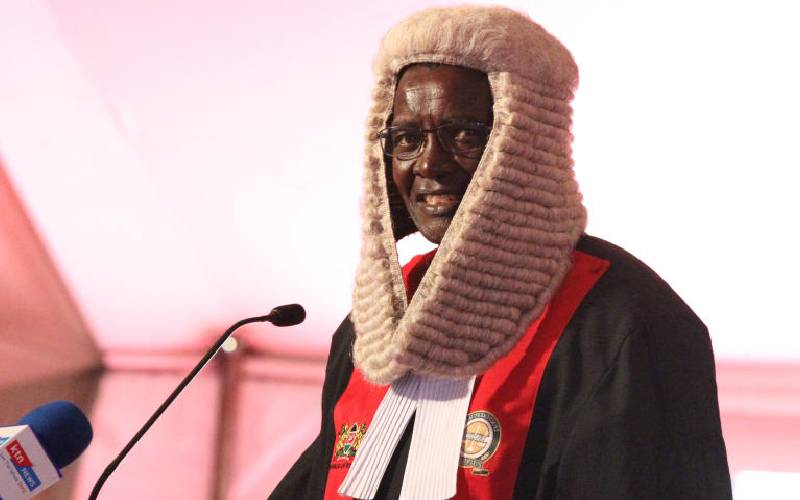×
The Standard e-Paper
Stay Informed, Even Offline

Chief Justice David Maraga: Dissolve Parliament. [File, Standard]
Chief Justice David Maraga has made history again by advising President Uhuru Kenyatta to dissolve Parliament for failing to implement the two-thirds gender rule.